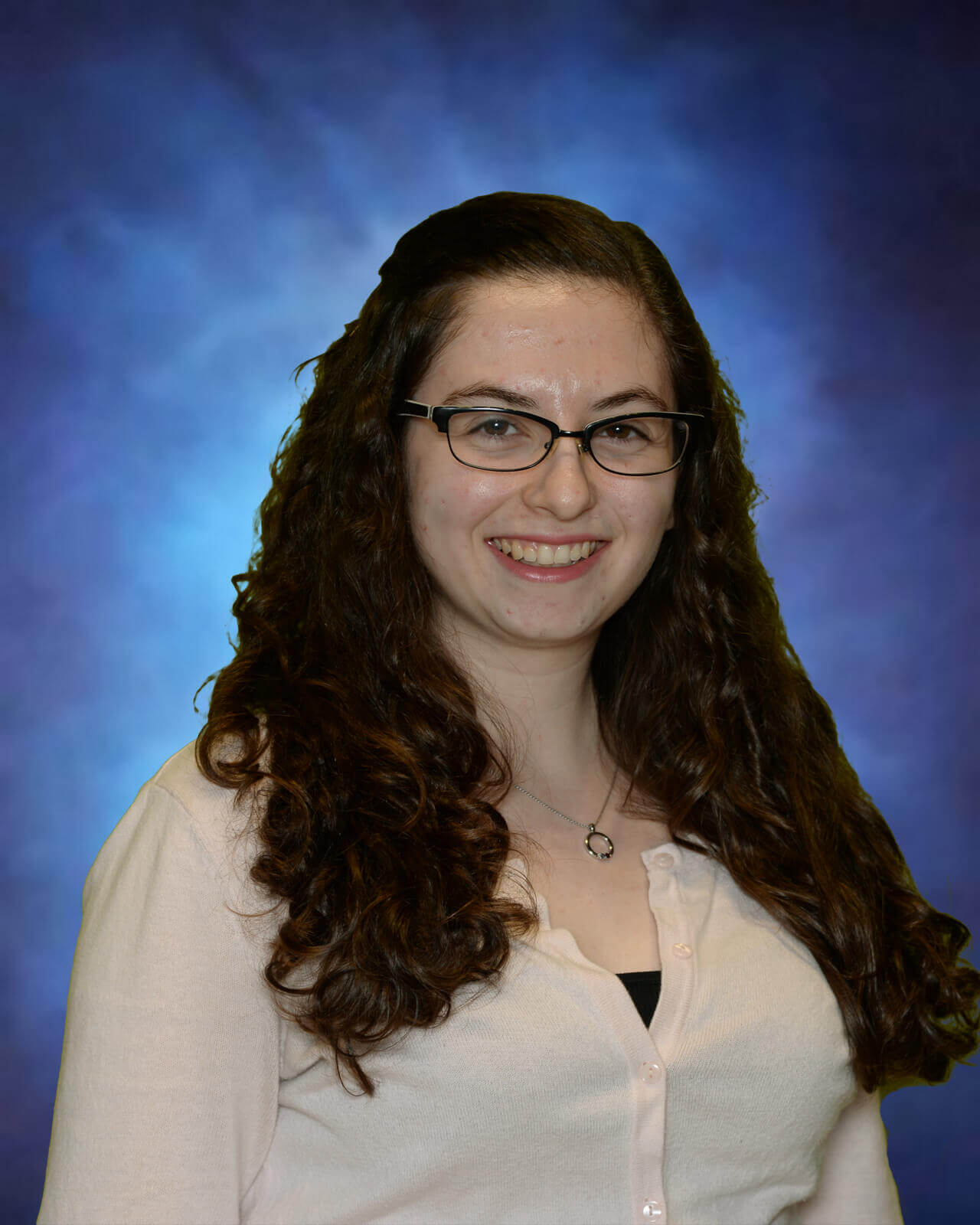Blogs | 10.8.2019
Sarah Tropp-Pacelli Alumni Profile
Current Employer: The Discovery Museum and Planetarium
Current Title: Director of STEM Learning Programs
Education: B.A. History and Early Cultures, Brown University; M.A.T. Elementary Education, Fairfield University (Summer 2019)
Which of our Challenger Learning Centers did you visit? I visited the Challenger Center at the Discovery Museum in Bridgeport, Connecticut.
When did you visit a Challenger Learning Center? (approximate age and/or grade) I visited the Challenger Center on a 5th grade field trip.
What do you remember most from your experience? I remember how excited I was to go on a simulated space mission. I was the Communications Officer for my class, and I remember feeling like I had an incredibly important responsibility and that I needed to make sure I did well so my team could have a successful mission. I remember the exhilaration of running the mission and how cool it was to work with my friends on such a grown-up set of tasks.
Have you always been interested in STEM? I’ve always been interested in STEM and spent a lot of my time in middle school and high school in STEM-based extracurricular activities.
Did the visit to the Challenger Learning Center affect your decision to pursue a STEM degree or career? If yes, how? My visit to the Challenger Center helped me realize the value of a STEM career. I was always interested in STEM as a child, and my experience visiting the Museum and its Challenger Center helped me see how STEM education can make an impact right in my own community. I’ve always wanted to help create powerful learning experiences like that for students in the community, and the Challenger Center helped me find a great way to do that.
Why is STEM education so critical at a young age? STEM education is critical for young learners because it taps into their natural curiosity and investigative impulses. Kids want to know how the world works and how they can create explanations for their experiences. STEM education provides students with the skills to make sense of their world and prepares them to be critical thinkers and scientifically literate citizens.
What advice would you give to students who want to pursue STEM degrees or careers? I would tell students considering STEM degrees or careers to believe in themselves. Sometimes it might seem like there are a lot of obstacles or nay-sayers, but it’s important not to lose sight of what you can do if you self-advocate and persevere. Talk to people in STEM careers and ask them for their stories, and read about the lives of famous scientists. There’s a lot of inspiration and support out there. Don’t be afraid to seek it out.
Why should people support Challenger Learning Center’s STEM programs? Challenger’s STEM programs show students a wide variety of paths they can take to STEM careers that they may not otherwise know are possible. I love that we can show students the interdisciplinary nature of STEM fields by having doctors and communications officers on space missions. We show students a pathway to continued success, whether they want to be an astronaut, a geologist, an engineer, or anything else. Challenger missions create a way for students really to see themselves, regardless of their interests or what they perceive to be their skillset, as capable and important members of a team greater than themselves. Challenger programs bring hands-on STEM experiences to life in a way few other opportunities can, while also helping students practice valuable life skills like communication, self-direction, and collaboration.
In one sentence, how would you describe your Challenger Learning Center experience? My Challenger experience was, without a doubt, life-changing.

